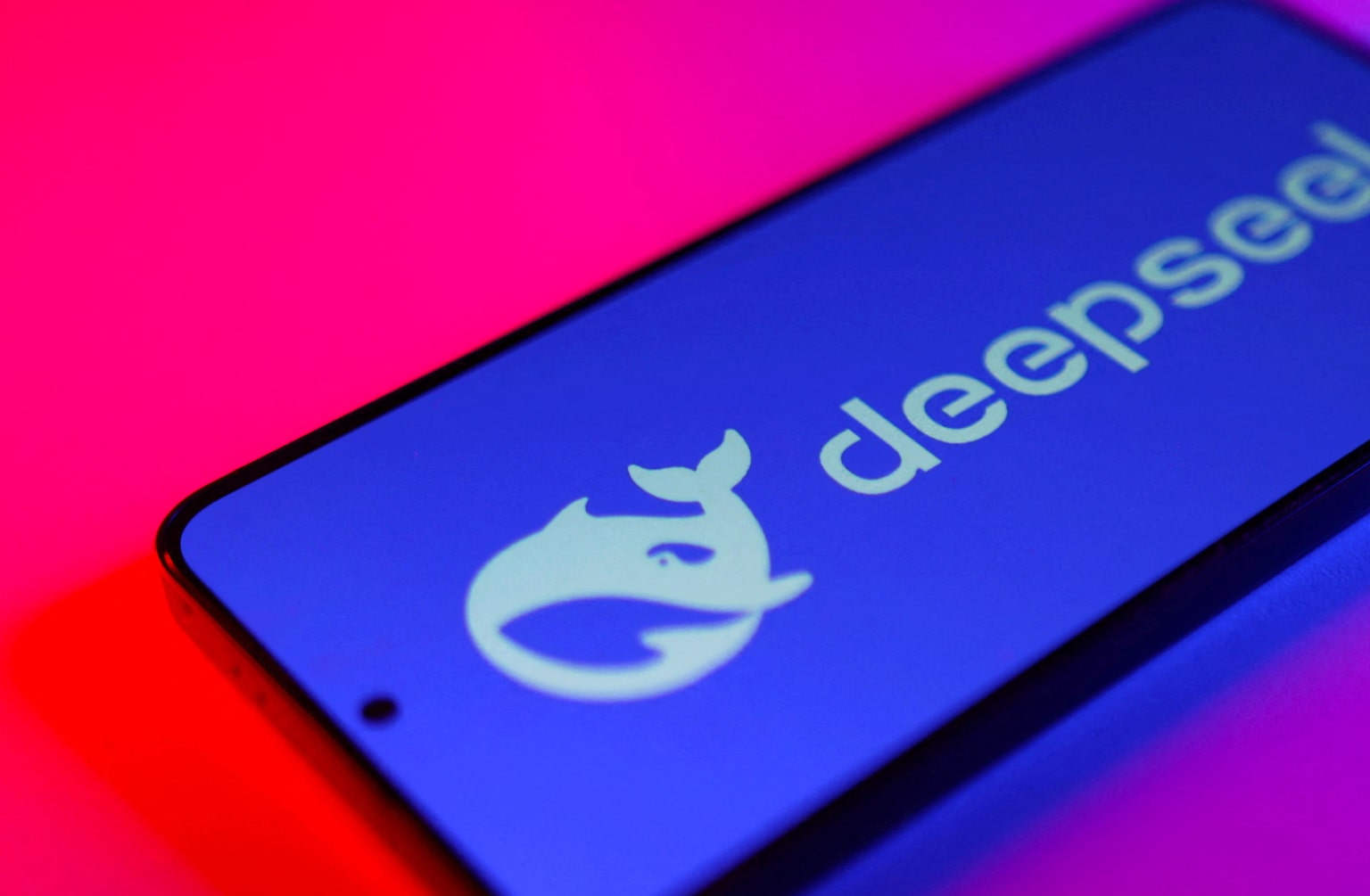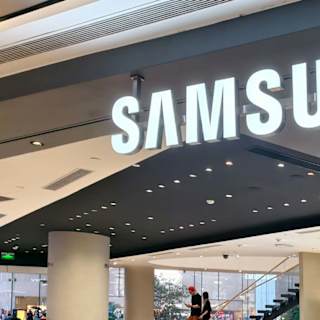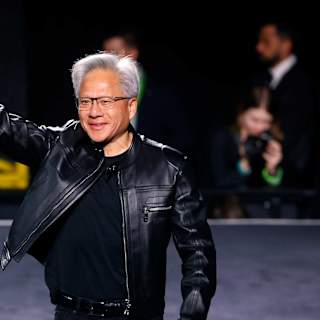- CEO Holds Back Release Despite Months of Development
- Chip Shortages Complicate Rollout Plans
- Building on R1's Unexpected Success
Chinese artificial intelligence startup DeepSeek has postponed the launch of its highly anticipated R2 model, with CEO Liang Wenfeng reportedly dissatisfied with the system's current performance, according to multiple reports Thursday.
The delay comes as the company faces mounting pressure from U.S. export restrictions that have created severe shortages of Nvidia server chips needed to deploy advanced AI models in China. The R2 model, initially scheduled for release in May, was designed to improve upon DeepSeek's popular R1 reasoning model with enhanced coding capabilities and multilingual support.

DeepSeek engineers have spent several months refining the R2 model, but Liang has withheld approval for its public release, according to The Information, citing two people familiar with the situation1. The company has not determined a new timeline for the launch, Reuters reported1.
"We don't have short-term fundraising plans. Our problem has never been funding; it's the embargo on high-end chips," Liang stated in previous comments about the company's constraints2. The CEO has acknowledged that export restrictions create a "4x compute disadvantage" for Chinese AI companies compared to their American counterparts2.
Even if R2 receives final approval, its deployment could face obstacles due to acute shortages of Nvidia's AI processors in China. The majority of cloud customers currently running DeepSeek's R1 model rely on Nvidia's H20 chips, which were specifically designed for the Chinese market12.
However, fresh export curbs imposed by the Trump administration in April have prevented Nvidia from selling even these H20 chips to China—the only AI processors the company was legally permitted to export to the country1. Industry analysts warn that any surge in demand for R2 could overwhelm Chinese cloud providers already struggling with limited chip supplies2.
DeepSeek has been coordinating with Chinese cloud companies, sharing technical specifications to help them prepare for potential R2 hosting and distribution1. The preparation reflects lessons learned from R1's launch in January, which surprised the AI industry with its cost-effective performance and triggered a stock market selloff among U.S. tech companies2.
The R1 model demonstrated that competitive AI development remained possible despite U.S. technology restrictions, with DeepSeek claiming to have developed it for less than $6 million2. The company's open-source approach contrasts sharply with proprietary models from American competitors like OpenAI.
DeepSeek did not immediately respond to requests for comment about the R2 delay13.



